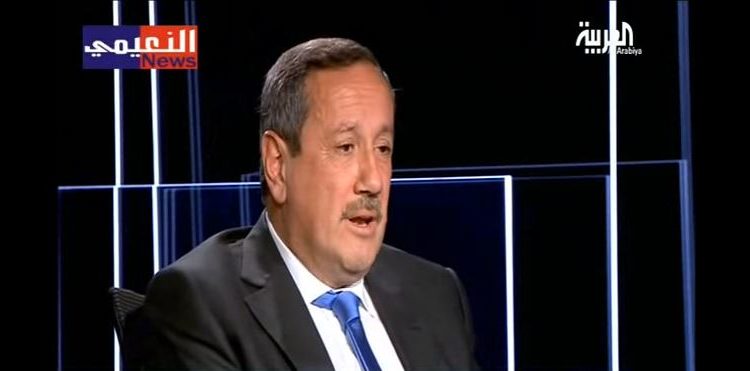Russia’s suggested candidate for the Syrian leadership signals that Putin has decided Turkey is preferable to Iran as a Mideast ally.
As rumors circulate that Syrian President Bashar Assad has suffered a fatal stroke, Russia unleashed a bombshell at the Astana Syrian peace talks by suggesting Syrian business tycoon Firas Tlass as a possible successor.
A member of a significant Sunni family that had close relations with former Syrian President Hafez al-Assad, Tlass defected to the rebels during the Syrian Civil War.
Tlass is the eldest son of Mustafa Tlass, who was a confidant of Hafez al-Assad, father of the current ruler who ruled Syria for over three decades, and served as defense minister from 1972 to 2004. Bashar Assad replaced him shortly after he succeeded his father.
Mustafa and Firas left Syria shortly after the uprising against Assad began in 2011. Manaf, Firas’ younger brother, who was a general in the Syrian army, defected to the moderate rebel force, the FSA (Free Syrian Army) in 2012.
The choice of Tlass as an interim Syrian leader signals that Putin has decided Turkey is preferable to Iran as an ally. Ever since its intervention in the Syrian civil war, Putin has been the core of a Russian-Iranian-Turkish axis that clearly could not last.
Each of these countries has very different interests. Russia wants to ensure its Alawite allies continue to control north-west Syria, where the Russian naval bases are located. Iran wants to see the Alawite (a sub sect of Shia Islam) regime continue controlling all of Syria, providing it with a safe route of supply for its Hezbollah proxy in south Lebanon. It also wants the option of deploying its forces on the Syrian-Israeli border, enabling it to directly threaten northern Israel from Syria, while Hezbollah threatens Israel from Lebanon.
Turkey has no objection to northwest Syria becoming a Russian protected “Alawistan,” but wants to see a moderate Sunni regime control the Sunni heartland, which includes the area including the major cities of Damascus, Aleppo, Homs, Hama and Dara’a. The Sunnis comprised 70% of Syria prior to the civil war, but the Alawites’ ethnic cleansing campaign, aided and abetted by Russia and Iran, has reduced them to just over 50% of the population. The vast majority of Sunni refugees are in Turkey, but Ankara wants them back in Syria. This can only happen if the area is controlled by a Sunni regime, since the Sunnis will never agree to go back to living under an Alawite regime.
Israel Stands to Benefit
If, as seems likely under the circumstances, Putin has decided to ditch Iran, Israel stands to benefit. Iran will be cut off from its Hezbollah proxy and not have an option to threaten Israel by deploying its ground forces in Syria.
The Tlass family, despite its history of collaborating with Hafez Assad, would be acceptable to Syrian Sunni society. They are an old aristocratic and very wealthy family. During the Ottoman Empire they held a senior position in the provincial government. Syria, which included present-day Lebanon, Israel and Jordan, was a province of the Ottoman Empire.
Responding to the rumors about Assad’s condition, the Syrian government said in a statement that Assad, who has not been seen in public in several days, was in “excellent health and carrying out his functions quite naturally…. The Syrian people had become immune to such lies.”
By: Yoni Ariel/TPS and World Israel News Staff





